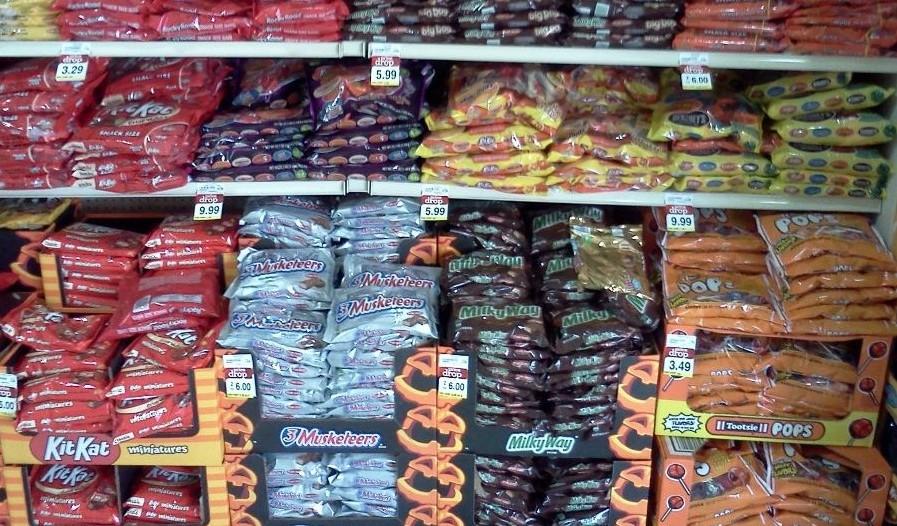For almost two decades, major chocolate companies have maintained a lower price level by sourcing their cocoa from plantations that use slave labor. Now, something is finally being done about it — three victims of child slavery will be allowed to take these companies to court.

The Hershey Company, Nestlé, and Cadbury are three of the leading importers of Ivory Coast cocoa.
According to the official appeal from the United States District Court for the Central District of California, the former slave laborers are suing companies for sourcing cocoa produced by slave labor on the grounds of “contribut[ing] to poverty in the Ivory Coast, degrad[ing] its victims by treating them as commodities, and caus[ing] long-term mental and physical trauma.”
The appeal said, “[One plaintiff] witnessed guards cut open the feet of children who attempted to escape, and [another plaintiff] knew that the guards forced failed escapees to drink urine.”
Carlmont English teacher Susan Gold said, “I hope the victims win their case and that they win big. I’d actually love to see a class action suit follow. Unethical companies are used to going to court and will only change their practices if they are worried about significant damages to their profits. On a less cynical note, the suit will probably get a lot of press coverage, and hopefully more consumers will be educated about where their chocolate comes from. Ultimately, I’d really like to see Congress pass legislation on this issue.”
Not much has been done in the past to stop the labor abuses taking place overseas.
An attempt to regulate this trade was proposed in the House of Representatives in 2001. The measure would have required manufacturers to reveal their cocoa sources before their products could be printed with a “no child slave labor” label.
However, the measure was never voted into legislation, and no further bills on the issue made it past the House of Representatives.
Governments of countries known for child labor abuses say that they lack the resources to investigate plantations and punish violators of international labor laws, while American chocolate companies maintain that they are not directly responsible for the slavery.
Psychology teacher Michelle McKee said, “That’s an ‘easy out’ for the companies. If they really cared, they would demand their suppliers not to use slave labor. I’m not surprised by how little has been done. Honestly, we’re talking about poor people in the a third-world country. To be blunt, most people don’t care about Latin Americans or blacks being used for slave labor. If we were talking about 7- or 8-year-old white kids working as slaves in the chocolate industry, this would be a very different story.”
The plaintiffs in this court case labored as minors on Ivorian cocoa plantations from 1994 to 2000, beginning as young as 12 years old.
These plantations in the Ivory Coast and Ghana have supplied close to 75 percent of the world’s cocoa for over a decade.
Gold said, “In 2010, I came across an article about how Hershey’s, Nestle, Mars, and other major chocolate companies knowingly source cocoa from plantations on the Ivory Coast that practice child slave labor. I did further research and immediately stopped buying the commercial chocolate bars I had always loved. If I have a desire for a chocolate bar, or if I bake with chocolate, I buy fair trade.”
Last year, McKee’s Freedom Fighters club (no longer meeting) led a campaign to support fair trade (certified “slave free”) chocolate and raise awareness of the labor abuses taking place overseas.
The idea behind free trade products is that one can boycott certain companies without giving up a product they love.
Free trade buyers hope that companies that are losing business to alternative brands will be motivated to reform in some way. In this case, the cheap labor is what causes the chocolate companies to source cocoa from these plantations.
McKee said, “The bottom line is how much profit they are looking to get.”
While it is possible that the chocolate companies will appeal, the current ruling against Nestlé, Cargill, and Archer Daniels Midland opens the door for a lawsuit against them.
Gold said, “If the victims win their suit, and the chocolate companies change their practices, I’ll celebrate by buying Reese’s Peanut Butter Cups or maybe a Snickers bar.”

